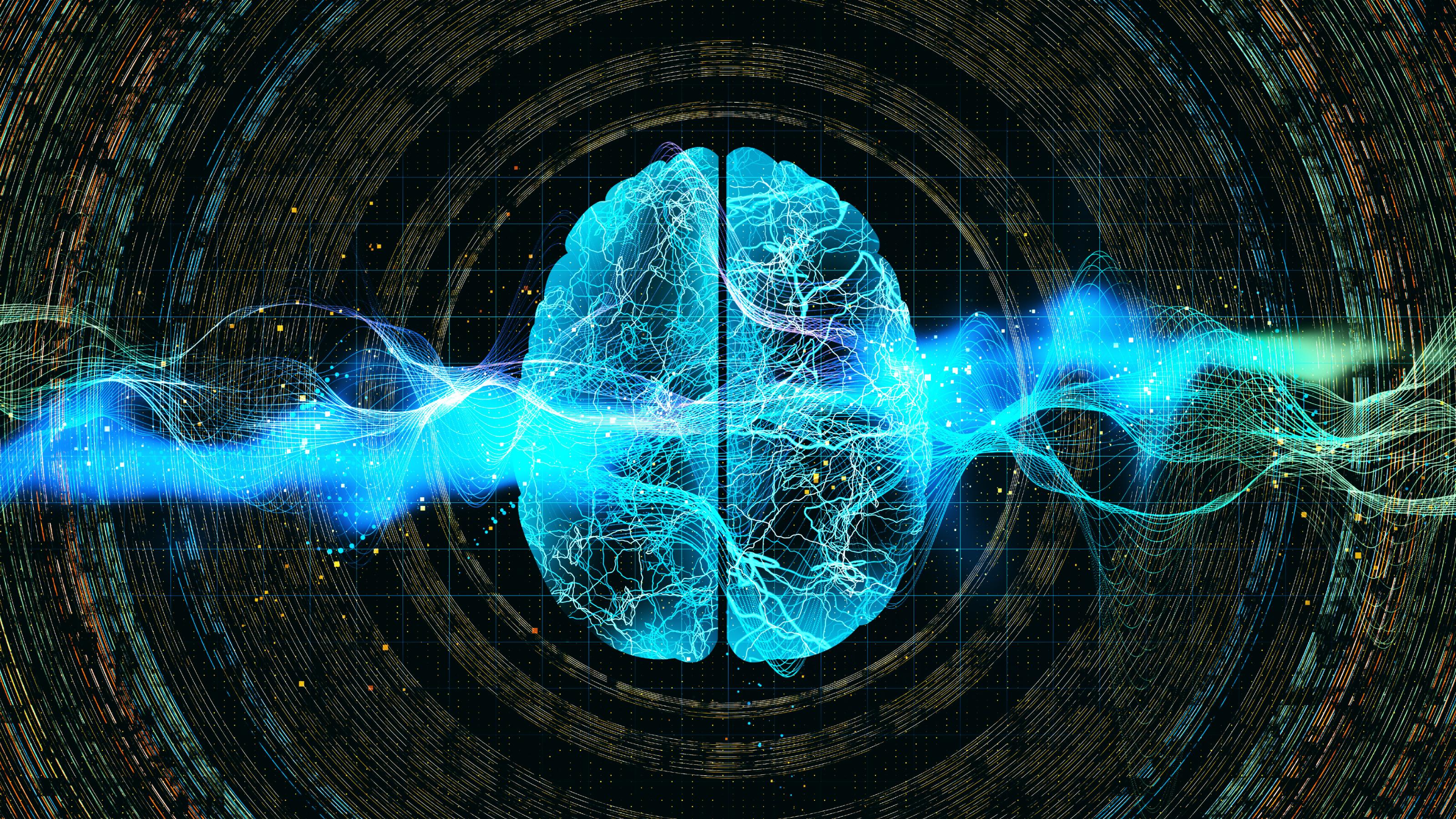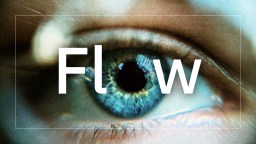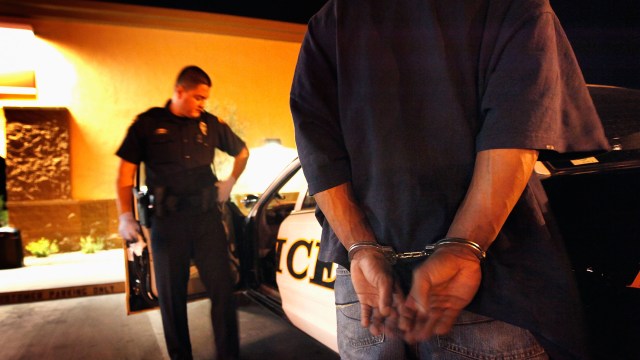The Optimized Brain: A Workshop on Flow States with Steven Kotler
Introduction to the Optimized Brain, with Steven Kotler
Flow is technically defined as an optimal state of consciousness where we feel our best and we perform our best. Steven Kotler runs through the neuroanatomic shifts that make it possible. If your guess is that the brain somehow works harder or faster during flow states, you may be surprised to learn that everything actually slows down thanks to what’s called transient hypofrontality.
This is the first video in a five-part series with Steven Kotler on the “optimized brain” available in playlist form here.
The Neurochemistry of Flow States, with Steven Kotler
Steven Kotler explains the neurochemical changes during flow states that strengthen motivation, creativity and learning. “The brain produces a giant cascade of neurochemistry. You get norepinephrine, dopamine, anandamide, serotonin and endorphins. All five of these are performance enhancing neurochemicals.” Kotler discusses how each amplifies intellectual and cognitive performance.
This is the second video in a five-part series with Steven Kotler on the “optimized brain” available in playlist form here.
What’s Actually Happening When Your Brain Goes “Wow”
Beyond neuroanatomy and neurochemistry, flow states rely on shifts in the brain’s neuroelectricity. The brain’s default state is one of waking consciouness. Flow alters your brain waves to sit on the border of daydreaming and dreaming.
Understanding Flow Triggers, with Steven Kotler
There are seventeen triggers for flow that can each draw your attention to the now. Mastering flow means building these triggers into your life. Two of these triggers are high consequences and deep embodiment. Kotler explains how these triggers enact flow for people ranging from snowboarders to surfers to Montessori students.
Hack Your Flow: Understanding Flow Cycles, with Steven Kotler
We now know that flow works not like an on-off switch but in a four-part cycle. Understanding these cycles can help you to more often access flow. The parts of the cycle are as follows: struggle, release, flow, and recovery. To hack flow, explains Kotler, you have to learn to struggle better and recover better.





